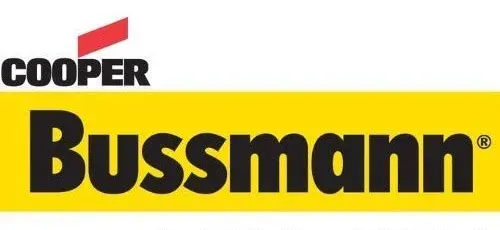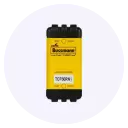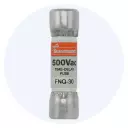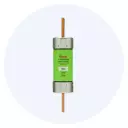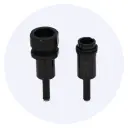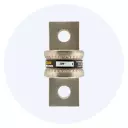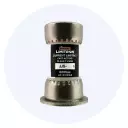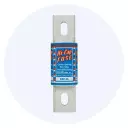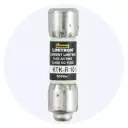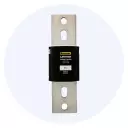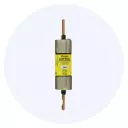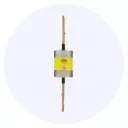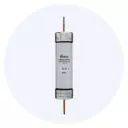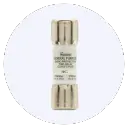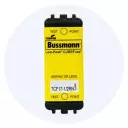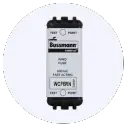Blog
Eaton-Bussmann Fuse Type C Adapter Guide
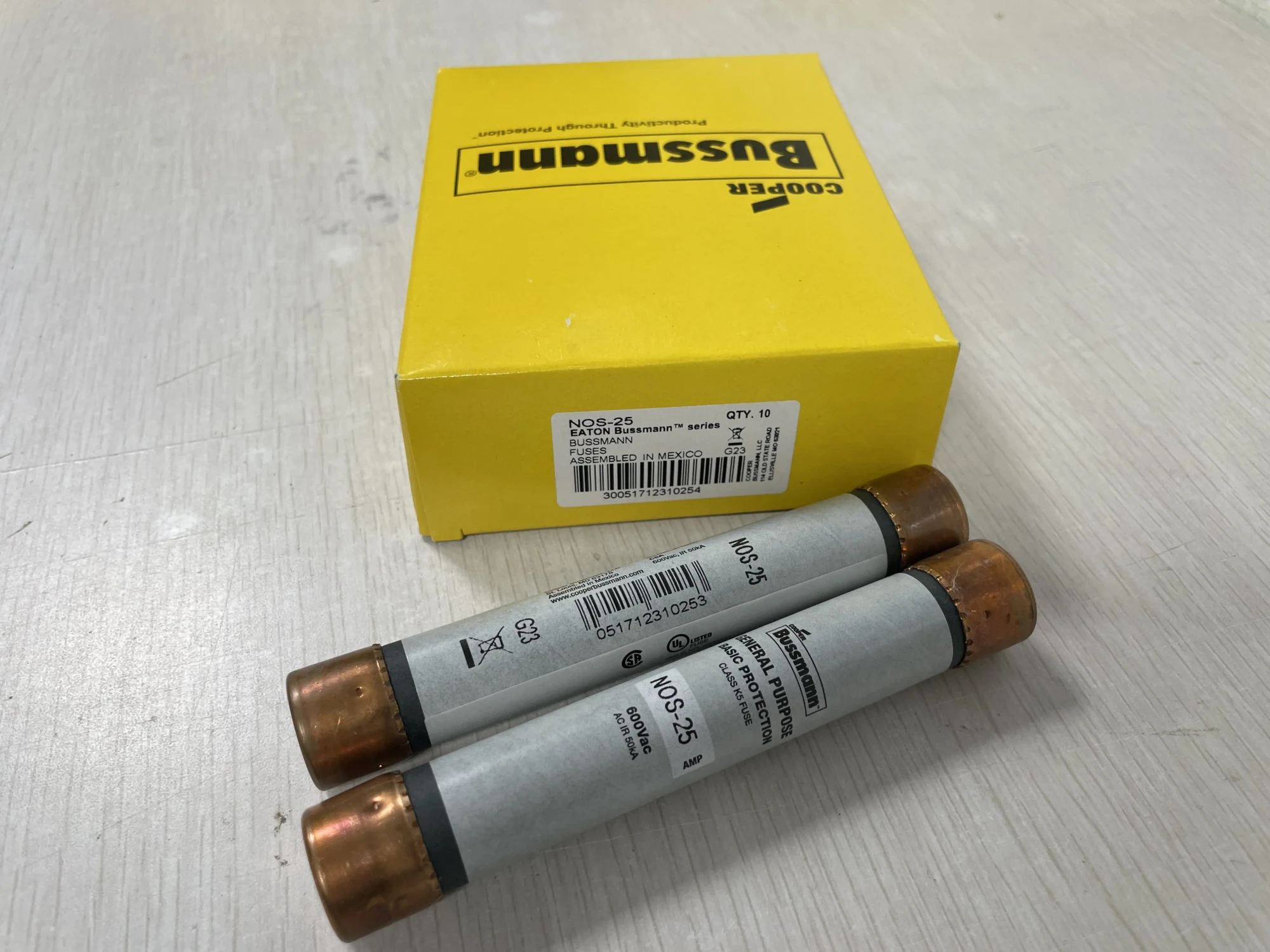
Introduction to Eaton-Bussmann Fuse Type C Adapter Guide
In the realm of electrical engineering and circuit protection, Eaton-Bussmann stands out as a leading name, committed to enhancing the quality of life through sustainable and innovative power management solutions. The company’s dedication to "Doing Business Right, Doing Business Sustainably" resonates deeply, especially in the context of creating and distributing high-quality products that protect circuits from damage due to overcurrent and overvoltage. Among its comprehensive range of products, the Eaton-Bussmann Fuse Type C Adapter has gained significant attention for its utility and efficiency in various applications. This article delves into the specifics of the Eaton-Bussmann Fuse Type C Adapter Guide, covering its product parameters, specifications, uses, and essential precautions.
Understanding Eaton-Bussmann and Its Product Line
Eaton-Bussmann is renowned for its intelligent power management solutions, aiming to improve the quality of life and protect the environment. The company’s product portfolio is diverse, catering to different sectors such as power, electronics, and transportation. It offers an array of circuit protection solutions, including fuses, fuse holders, and microswitches, designed to meet various standards and certifications such as UL/CSA, IEC, and more. As an authorized distributor, the company ensures that all products are genuine and adhere to the manufacturer’s stringent standards, providing a high level of reliability and performance.
Eaton-Bussmann Fuse Type C Adapter Overview
The Eaton-Bussmann Fuse Type C Adapter is a specialized component designed for specific applications where the incorporation of fuse technology is required for circuit protection. This adapter is part of the broader range of fuse solutions offered by Eaton-Bussmann, which includes fast-blow fuses, slow-blow fuses, and other types of fuses designed to meet different circuit protection needs. The Fuse Type C Adapter is notable for its compatibility with various fuse types, making it a versatile component in electrical and electronic circuits.
Product Parameters and Specifications
The Eaton-Bussmann Fuse Type C Adapter is characterized by several key parameters and specifications that define its application range and performance. These include:
- Current Rating: The adapter is designed to handle specific current ratings, ensuring that it can safely manage the flow of electrical current without overheating or failing prematurely.
- Voltage Rating: The voltage rating of the adapter determines the maximum voltage it can safely operate under, which is crucial for preventing electrical hazards.
- Fuse Type Compatibility: The adapter is engineered to work seamlessly with Type C fuses, which are known for their fast-acting characteristics, providing quick protection against overcurrent conditions.
- Environmental Ratings: The adapter’s performance under various environmental conditions, such as temperature and humidity, is also an important specification, ensuring its reliability in diverse applications.
Uses and Applications
The Eaton-Bussmann Fuse Type C Adapter finds its application in a variety of sectors and industries where reliable circuit protection is paramount. Some of the key areas include:
- Industrial Control Systems: In industrial settings, the adapter is used to protect control circuits from overcurrent conditions, ensuring the smooth operation of machinery and equipment.
- Electrical Power Distribution: The adapter plays a critical role in electrical power distribution systems, providing a safeguard against faults and ensuring the continuity of power supply.
- Automotive Electronics: In the automotive sector, the adapter is utilized to protect electronic circuits from overcurrent, which is crucial for the safe and efficient operation of vehicle systems.
Precautions and Safety Considerations
When handling and installing the Eaton-Bussmann Fuse Type C Adapter, it is essential to follow specific precautions to ensure safety and prevent potential hazards. These include:
- Proper Training: Only trained personnel should handle the installation and maintenance of the adapter to avoid mistakes that could lead to electrical shocks or fires.
- Adherence to Specifications: The adapter should be used strictly within its specified current and voltage ratings to prevent overheating or electrical failures.
- Regular Inspection: Regular inspection of the adapter and associated fuses is crucial for identifying potential issues before they become critical, ensuring continuous and safe operation.
Conclusion
The Eaton-Bussmann Fuse Type C Adapter Guide provides a comprehensive overview of this critical component, highlighting its specifications, applications, and essential safety considerations. By understanding the intricacies of the Eaton-Bussmann Fuse Type C Adapter, users can ensure the reliable and efficient operation of their electrical and electronic systems, leveraging the highest standards of circuit protection. Eaton-Bussmann’s commitment to quality, sustainability, and innovation makes its products, including the Fuse Type C Adapter, a preferred choice among engineers and professionals seeking dependable solutions for their power management needs.
